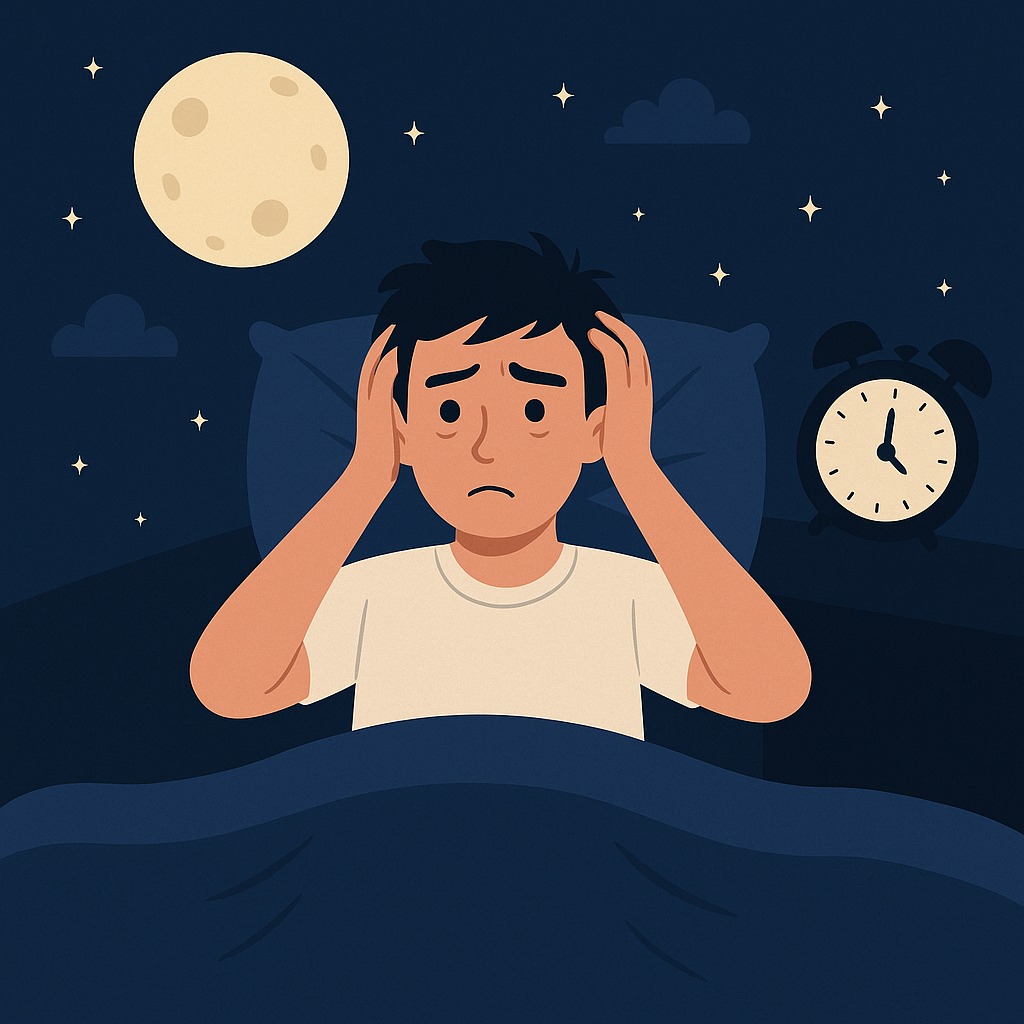The Harms of Sleeping Late at Night – Why You Should Prioritize Rest
Getting enough sleep is crucial for a healthy lifestyle, but sleeping late at night can seriously disrupt your body’s natural rhythm. While many people stay up late due to work, entertainment, or poor habits, the long-term effects can be harmful.
1. Disrupted Circadian Rhythm
Your body follows a natural sleep-wake cycle known as the circadian rhythm. Staying up past midnight confuses this cycle, making it harder to fall asleep and wake up at consistent times, leading to chronic fatigue.
2. Mental Health Impact
Late-night sleepers are more likely to suffer from anxiety, depression, and mood swings. Lack of quality sleep affects brain function, emotional regulation, and stress levels.
3. Lower Productivity & Focus
Sleep deprivation affects memory, focus, and decision-making. If you’re sleeping late and waking up tired, your daily productivity and performance suffer.
4. Weakened Immune System
Sleeping late consistently weakens the immune system, making your body more vulnerable to infections and illnesses. Proper sleep supports your body’s ability to repair and defend itself.
5. Increased Risk of Chronic Diseases
Research links late-night sleep habits to a higher risk of heart disease, obesity, diabetes, and high blood pressure. Sleep is essential for maintaining healthy metabolism and cardiovascular function.
Conclusion
Sleeping late at night might seem harmless, but it can lead to serious health consequences over time. Prioritize getting to bed earlier to support your physical, mental, and emotional well-being.



